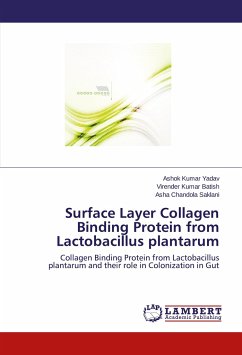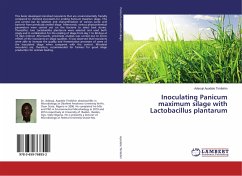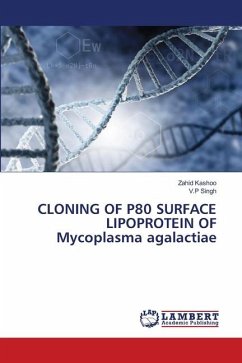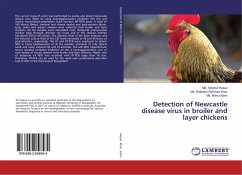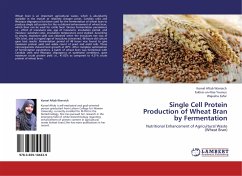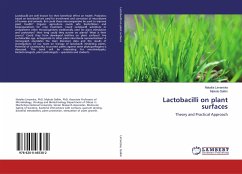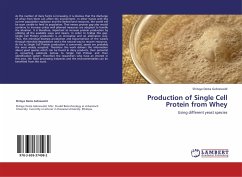Lactobacilli are commonly used as probiotics because of their health promoting effects.. In this study, 64 indigenous lactobacilli isolates were used for identified at genus and species level and screened for their probiotic attributes. This was followed with screening of isolates for their adhesion capability to ECM components (human type-1 collagen, mucin and fibronectin) immobilized on microtitter plates. In separate experiments cloning and characterization of cbp gene and isolation, purification and characterization of cbp protein was done and finally in vitro adhesion of L. plantarum (Lp9, Lp72, Lp91 and standard strains Lp NCDO 5276) to caco-2 cell lines was investigated. I developed criteria for in vitro selection of probiotic bacteria that may reflect certain in vivo effects on the host such as colonization of bacterial strain in gastrointestinal tract. I found three indigenous probiotic strains (Lp9, Lp72 and Lp91), among these lactobacillus plantarum 91 being the strongest contender, with high colonization potential as a prospective strain for clinical applications

